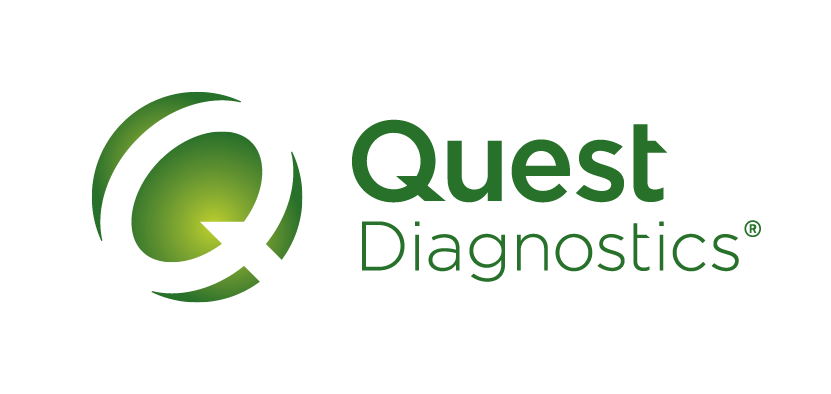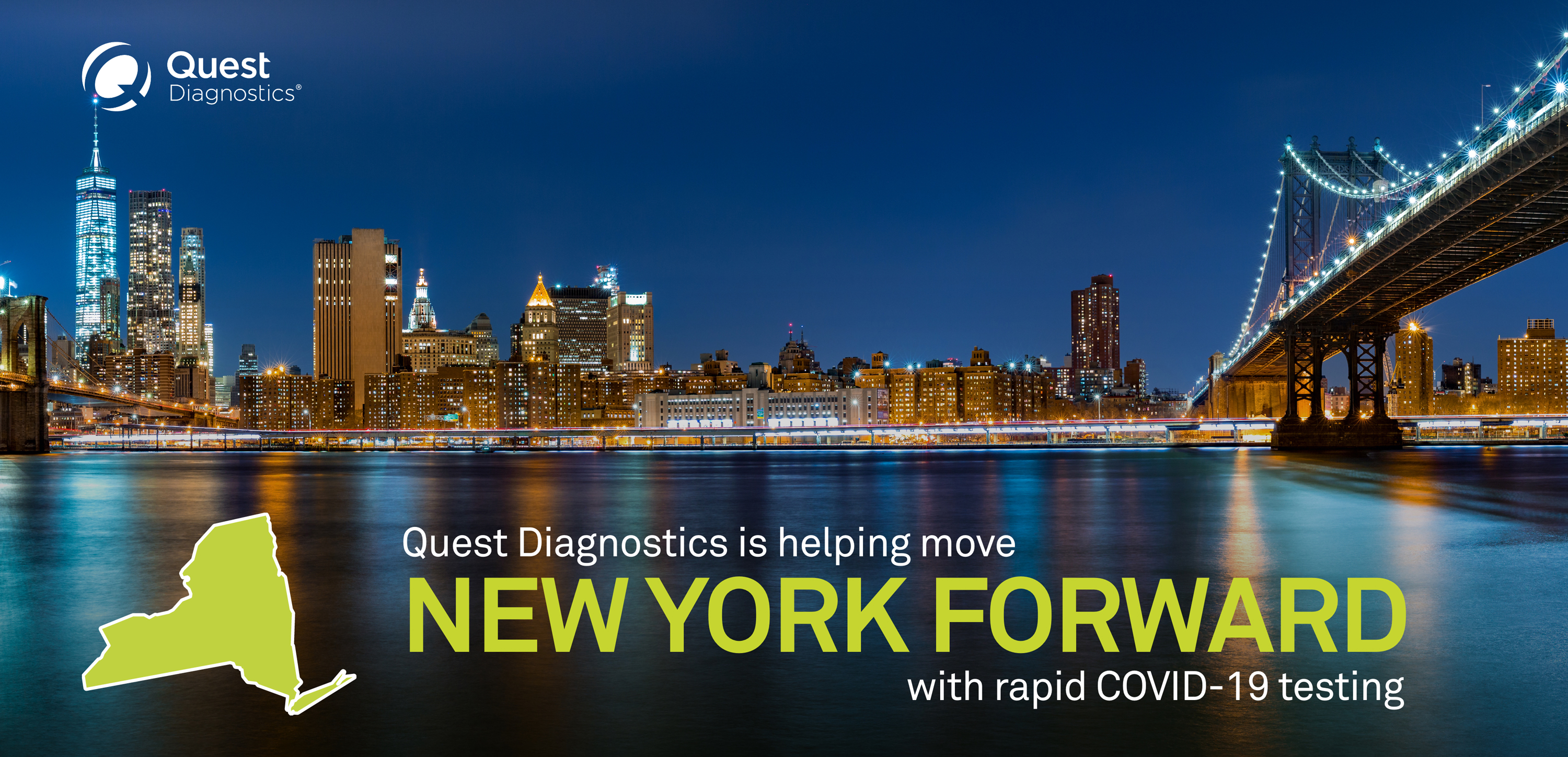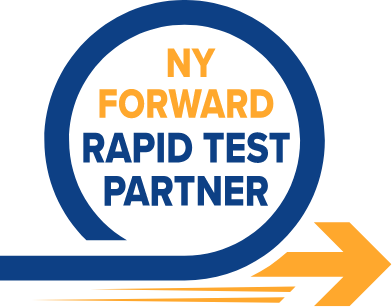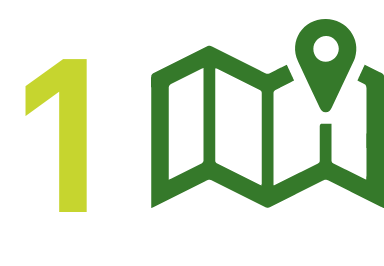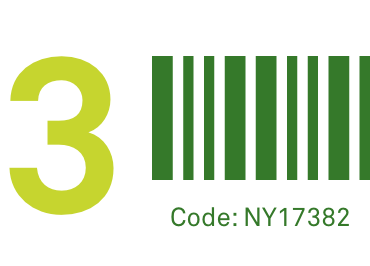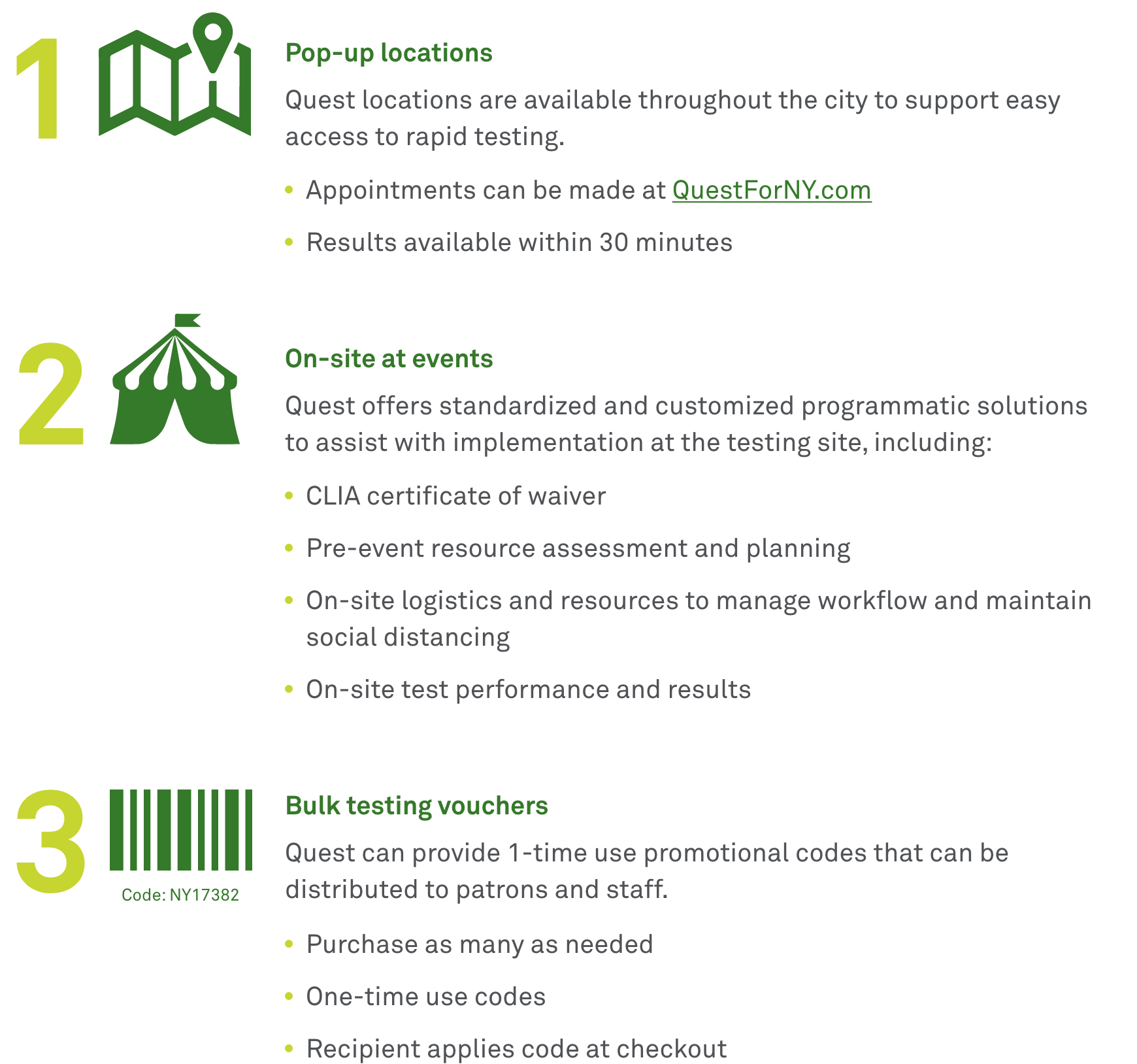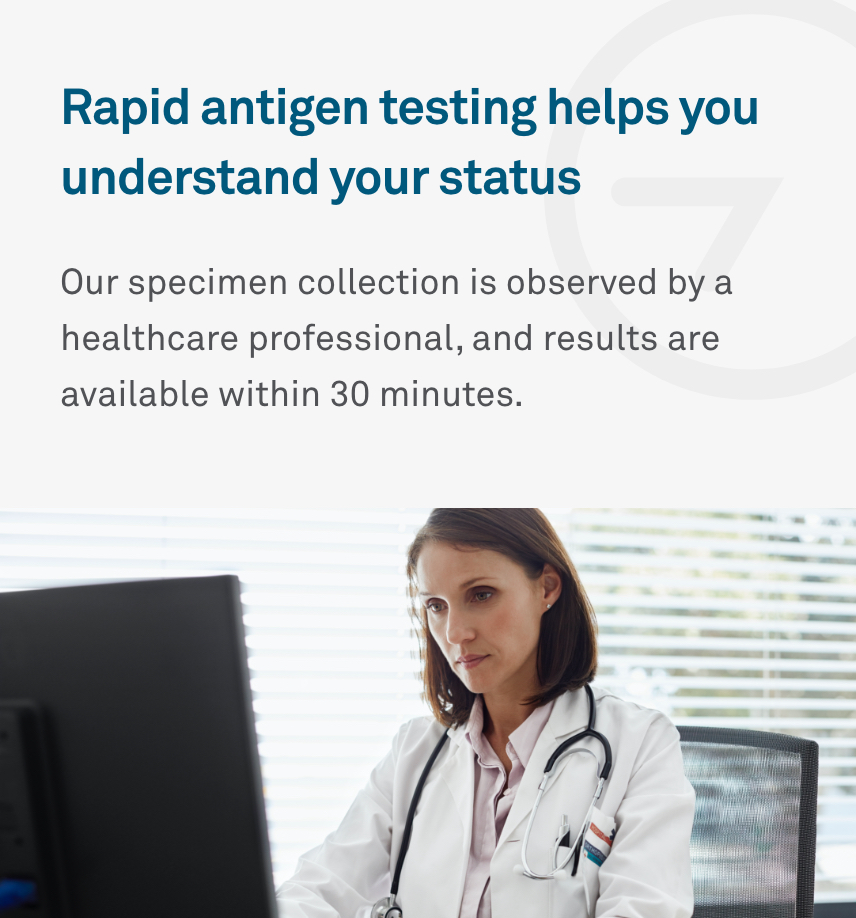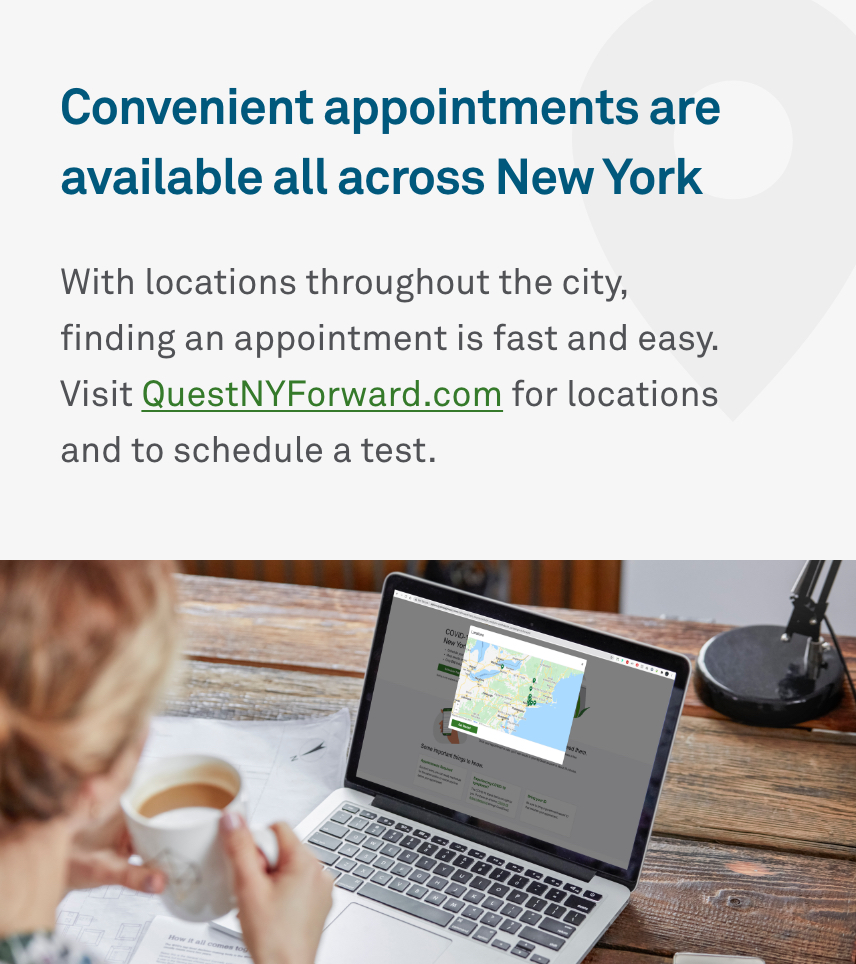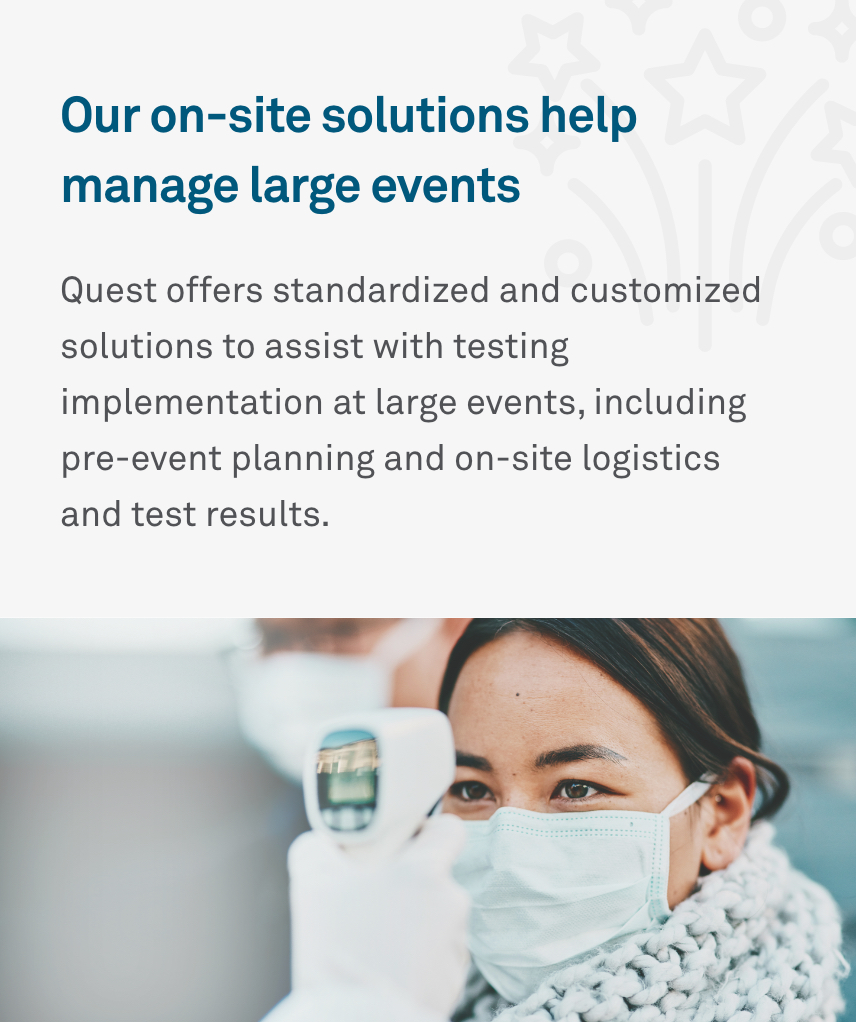Fill out the form to get in contact with a Quest sales representative and to stay up-to-date with the latest information about NY Forward:
*Required
Antibody tests are intended for use as an aid in identifying individuals with an adaptive immune response to SARS-CoV-2, indicating recent or prior infection or an immune response to a COVID-19 spike-targeted vaccine. Results are for the detection of SARS-CoV-2 antibodies. IgG and IgM antibodies to SARS-CoV-2 are generally detectable in blood several days after initial infection, although the duration of time antibodies are present post-infection is not well characterized. At this time, it is unknown for how long antibodies persist following infection and if the presence of antibodies confers protective immunity. Individuals may have detectable virus present for several weeks following seroconversion. Negative results do not preclude acute SARS-CoV-2 infection. If acute infection is suspected, molecular testing for SARS-CoV-2 is necessary. The tests should not be used to diagnose acute SARS-CoV-2 infection. False-positive results for the test may occur due to cross-reactivity from pre-existing antibodies or other possible causes. The sensitivity of the IgM test early after infection is unknown. Due to the risk of false-positive results, confirmation of positive results should be considered using a second, different IgM assay or an IgG assay. Samples should only be tested for IgM from individuals with 15 days to 30 days post–symptom onset. SARS-CoV-2 antibody negative samples collected 15 days or more post–symptom onset should be reflexed to a test that detects and reports SARS-CoV-2 IgG. The results of the semi-quantitative test should not be interpreted as an indication or degree of immunity or protection from reinfection.
- These tests have not been FDA cleared or approved;
- These tests have been authorized by FDA under EUAs for use by authorized laboratories;
- These tests have been authorized only for the detection of IgG and IgM antibodies against SARS-CoV-2, not for any other viruses or pathogens; and
- These tests are only authorized for the duration of the declaration that circumstances exist justifying the authorization of emergency use of in vitro diagnostics for detection and/or diagnosis of COVID-19 under Section 564(b)(1) of the Act, 21 U.S.C. 360bbb-3(b)(1), unless the authorization is terminated or revoked sooner.
Image content features models and is intended for illustrative purposes only.
